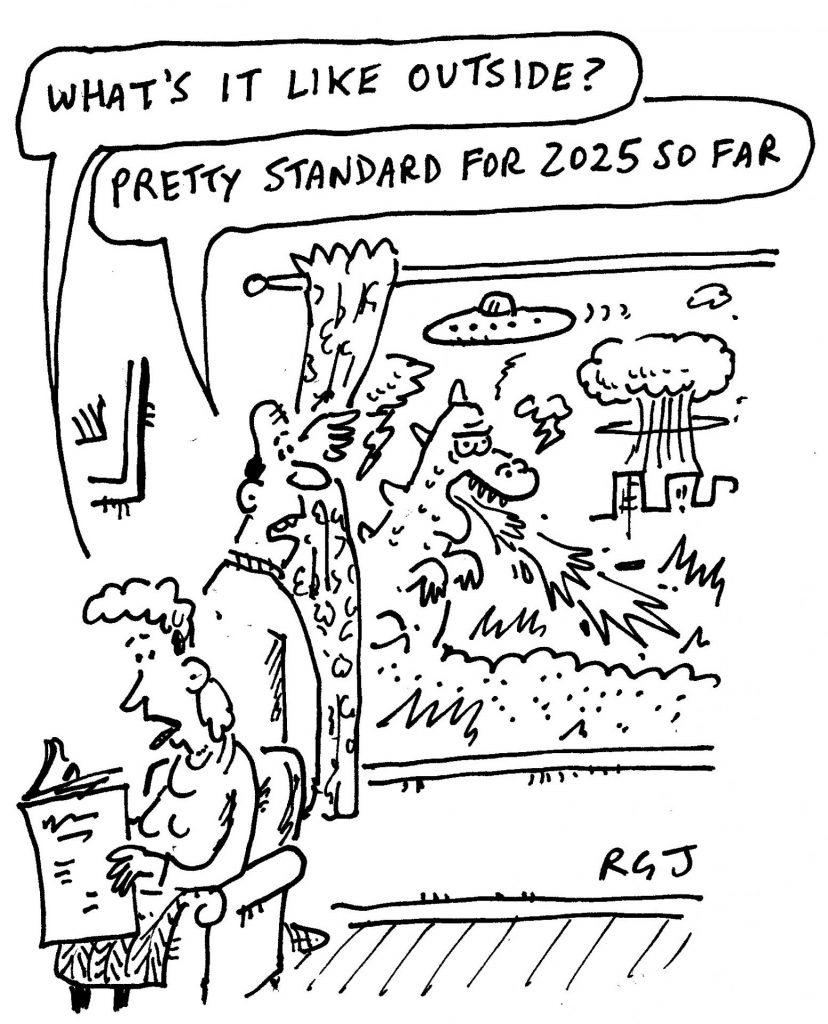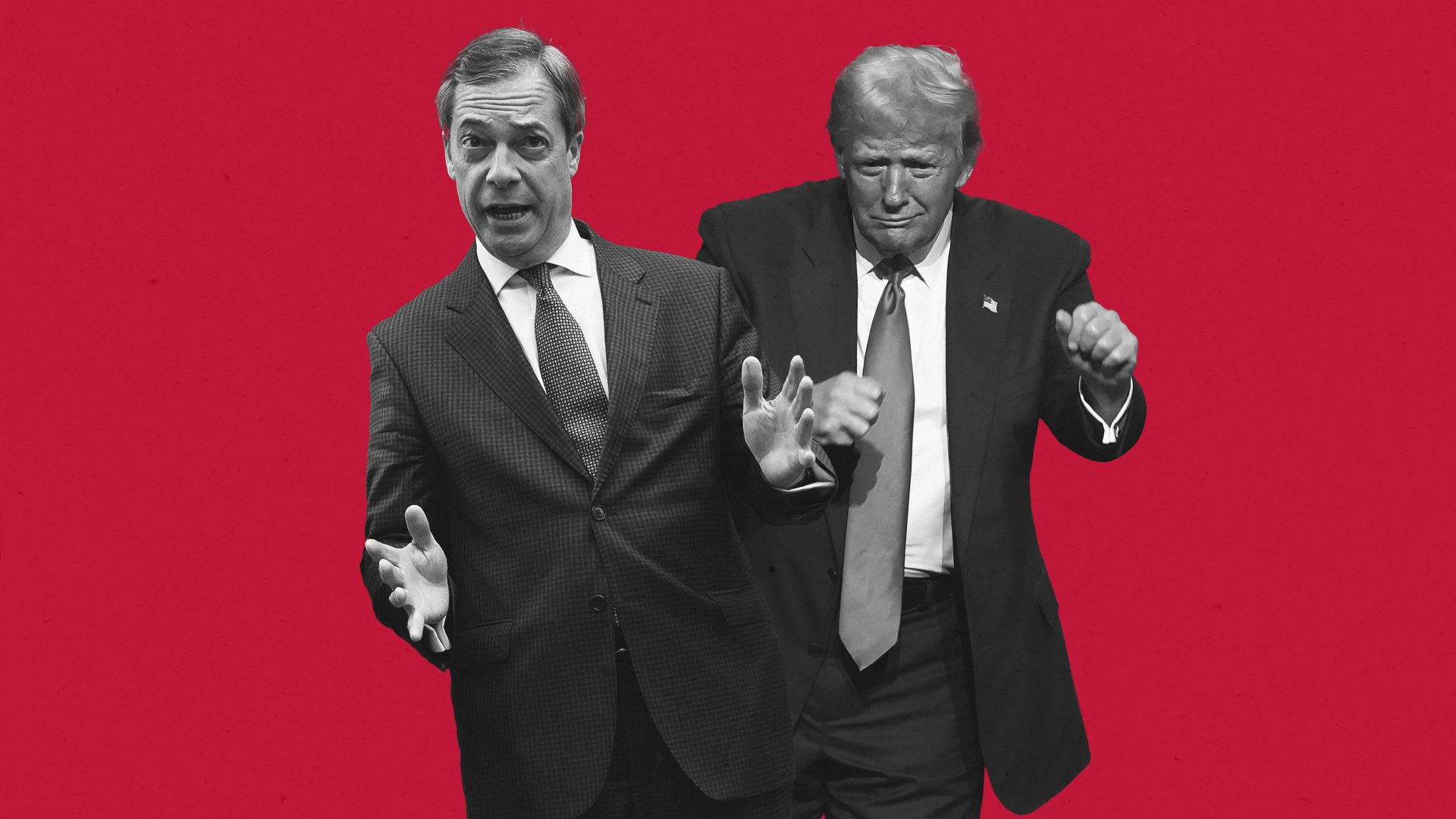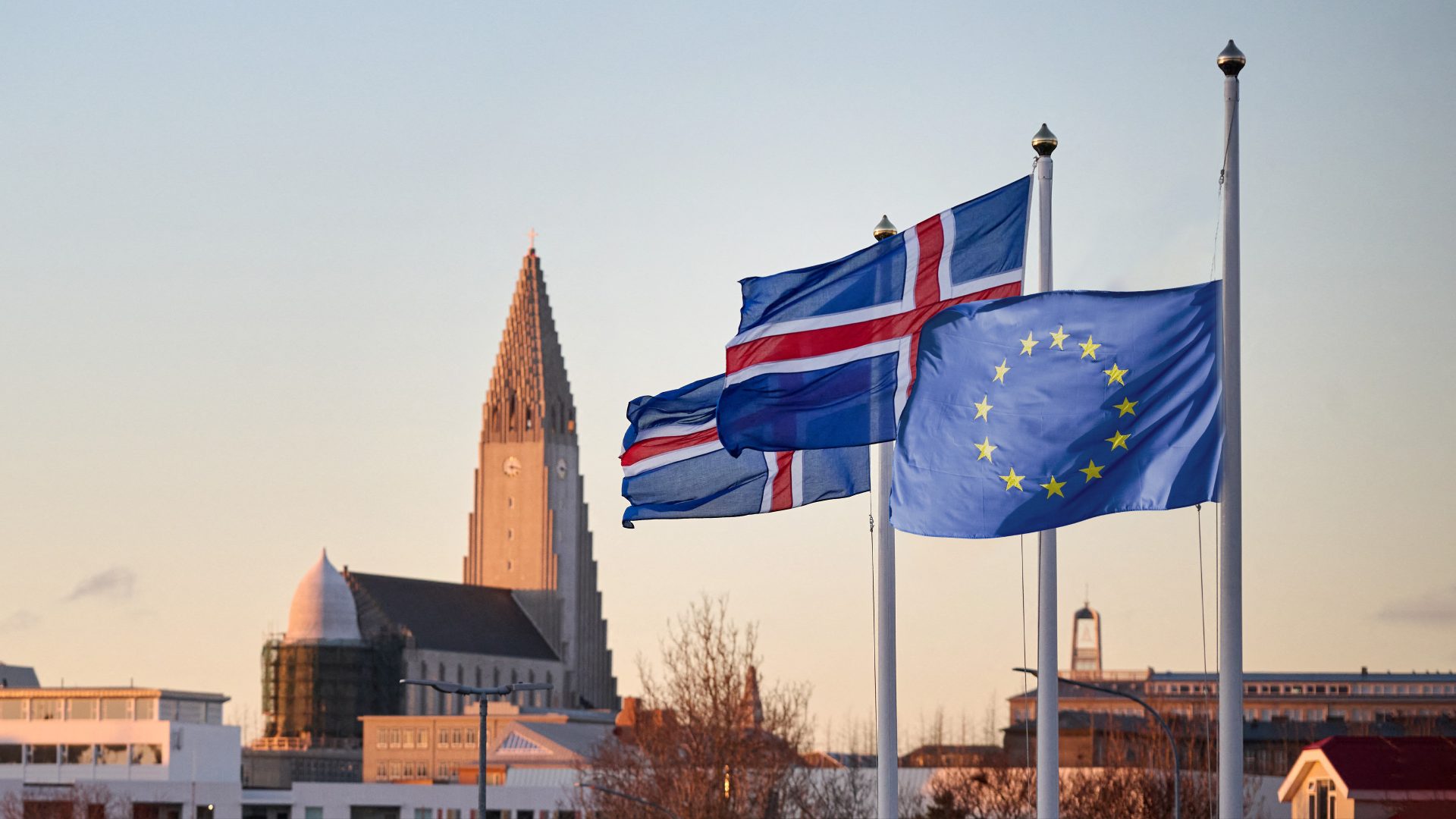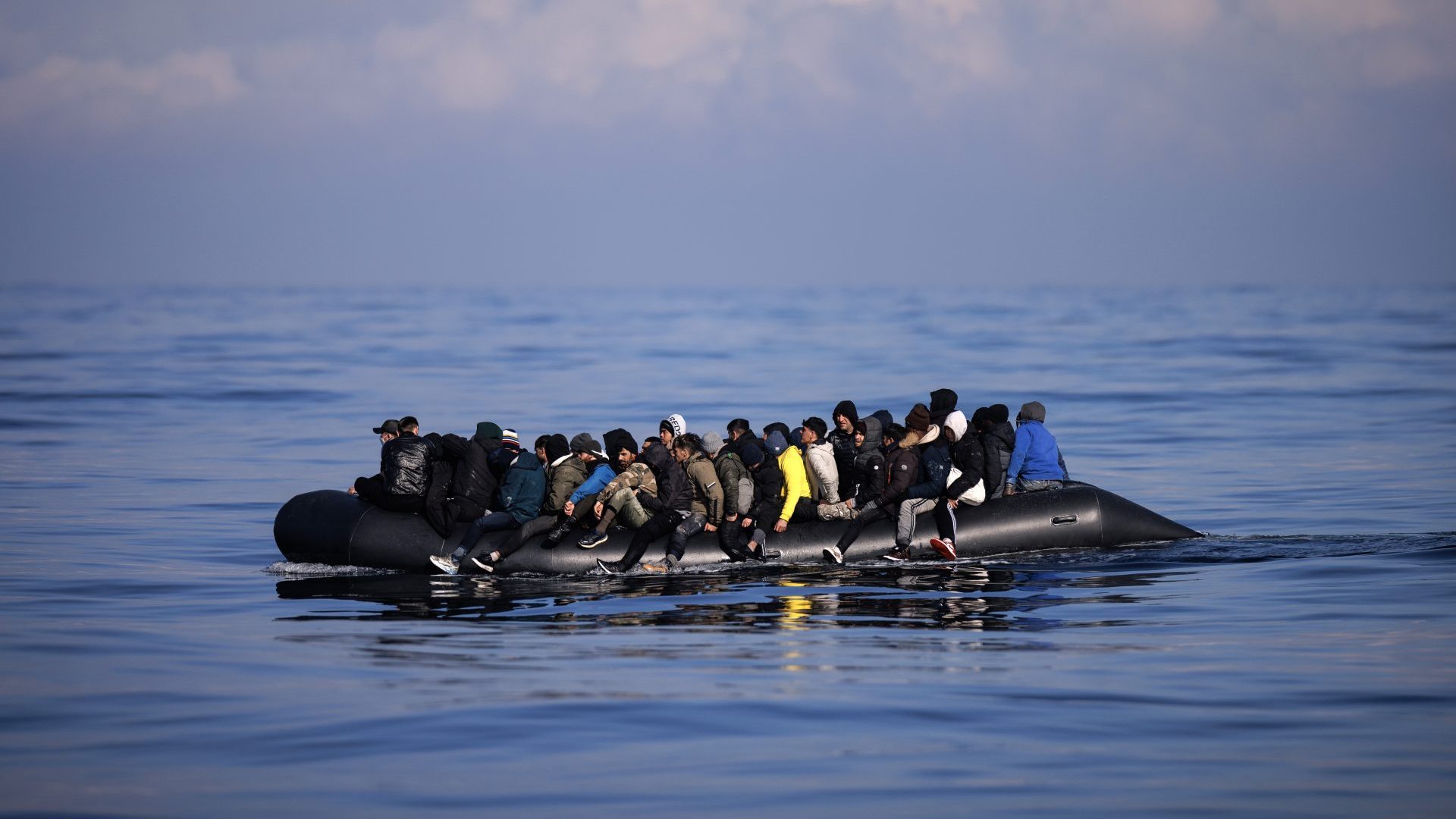With Donald Trump back in the White House, it is hard to be optimistic about the battle Peter Hyman wrote about on these pages last week, between populists and progressives. It is not merely that an uber-populist has won back the most important elected position on the planet; it is that his win has put booster rockets on the ambitions of fellow populists, especially of the hard right, all over the world.
Peter, a former colleague of mine in Tony Blair’s team, who went on to become a headteacher and then went back to help Keir Starmer win the last election, is a very bright guy, passionate about politics and political ideas, and I agree with a huge part of his analysis.
However, in pinning the blame for Trump, Brexit and much else that is bad in our world so firmly on “people like us,” he is giving something of a free pass to the politicians and their intellectual builders and cheerleaders who have created and ridden the populist wave. There is a thin line, not to be crossed, between “we got a lot wrong” and “these guys are winning because they’re right.”
They are right in that they’re right wing, but wrong in their analysis of the world, and we must not stop saying so, provided we do so alongside the positive policy and ideas debate, and the campaigning zeal that Peter is calling for.
Former Labour leader Neil Kinnock texted me his response to Peter’s piece, much of which he too agreed with, but with this caveat: “There is one big point he is missing. Almost a decade into the populist surge, not to mention the years in which it was building, its leaders are now politicians, not just angry campaigners. They should be attacked and exposed on that basis.
“You did it to Nigel Farage on Question Time and he hated it. When Beth Rigby gave him a conventional ‘hard time’ (about the only one who has) on Sky, he lost his temper.
“They are hardly ever subjected to challenge about their absurd ‘policies’ or ridiculous statements and they are never blamed for the Brexit catastrophe. We can – should – do all the political adjustments that Peter suggests, but that is only part of the answer now.”

Financial Times commentator Martin Wolf tells me that he doesn’t listen to podcasts, feeling that when it comes to media and communication, the written word is far more important than the spoken word. I have some sympathy with this view, (though obviously I cannot recommend strongly enough listening to podcasts – well, mine at least, and the New European podcast from The Two Matts).
Indeed, staring at me from my office wall right now, as I type this, is a poem by Marilyn Monroe. It is pinned there amid other motivational bits and bobs, not because it is an especially wonderful piece of work (though it’s not terrible) but because of the title… Think In Ink.
I think in ink, and her poem is there to remind me, if I am ruminating, procrastinating, or mulling a problem, to pick up a pen and a piece of paper, or a laptop, and write my way through the problem.
For public-facing politics too, it remains my view that if a picture is worth a thousand words, a really good set speech – that is, a considered written text delivered verbally in a public place with media present – is worth a thousand interviews. The issue is that there are far too few such speeches these days.
In any event, written or spoken is not an either/or. In life, and definitely in politics, you have to do both. When I am thinking in ink, the thoughts I commit to paper also inform my spoken word, both in what we might term “real conversations,” as well as in interviews and, even if Martin Wolf won’t hear them, on podcasts.
And so, by popular demand, I hereby reprint a memo that I read out on The Rest Is Politics last week. Even if you heard it, it bears reading too, because Wolf is right… with something like this, the written word is a better way to absorb, digest, enjoy.
It was written by a US military expert, Lin Wells, for then defense secretary Donald Rumsfeld, who was sufficiently taken with it to send on to president George W Bush, under the heading “Thoughts for the 2001 Quadrennial Defense Policy Review.” Like a lot of the best memos, it is reasonably short, though within it are covered issues on which there are entire libraries. Here goes:
“If you had been a security policy-maker in the world’s greatest power in 1900, you would have been a Brit, looking warily at your age-old enemy, France.
“By 1910, you would be allied with France and your enemy would be Germany.
“By 1920, world war one would have been fought and won, and you’d be engaged in a naval arms race with your erstwhile allies, the US and Japan.
“By 1930, naval arms limitation treaties were in effect, the Great Depression was underway, and the defense planning standard said ‘no war for 10 years.’
“Nine years later world war two had begun.
“By 1950, Britain no longer was the world’s greatest power, the Atomic Age had dawned, and a ‘police action’ was underway in Korea.
“Ten years later the political focus was on the ‘missile gap,’ the strategic paradigm was shifting from massive retaliation to flexible response, and few people had heard of Vietnam.
“By 1970, the peak of our involvement in Vietnam had come and gone, we were beginning détente with the Soviets, and we were anointing the Shah as our protege in the Gulf region.
“By 1980, the Soviets were in Afghanistan, Iran was in the throes of revolution, there was talk of our ‘hollow forces’ and a ‘window of vulnerability’, and the US was the greatest creditor nation the world had ever seen.
“By 1990, the Soviet Union was within a year of dissolution, American forces in the desert were on the verge of showing they were anything but hollow, the US had become the greatest debtor nation the world had ever known, and almost no one had heard of the internet.
“Ten years later, Warsaw was the capital of a Nato nation, asymmetric threats transcended geography, and the parallel revolutions of information, biotechnology, robotics, nanotechnology, and high-density energy sources foreshadowed changes almost beyond forecasting.
“All of which is to say that I’m not sure what 2010 will look like, but I’m sure that it will be very little like we expect, so we should plan accordingly.”
To note… the memo was dated April 12, 2001. And what happened five months minus one day later? The September 11 attacks on the World Trade Center in New York, which kind of proved his point.
Rumsfeld was clearly fond of using his advisers to generate ideas that he could pass on to his boss. On the back of hearing me read out Lin Wells’s memo, former Obama staffer Tommy Vietor sent me this one, which Rumsfeld wrote to his under secretary of defense for policy, Doug Feith, in 2003.
Titled “Issues with Various Countries,” his note said: “We need more coercive diplomacy with respect to Syria and Libya, and we need it fast. If they mess up Iraq, it will delay bringing our troops home.
“We also need to solve the Pakistan problem. And Korea doesn’t seem to be going well.
“Are you coming up with proposals for me to send around? Thanks.”
Policy-making par excellence!




